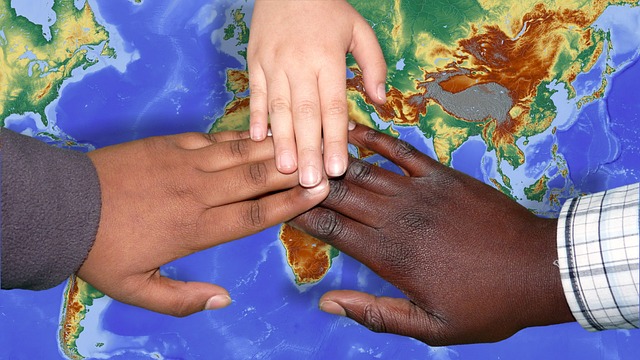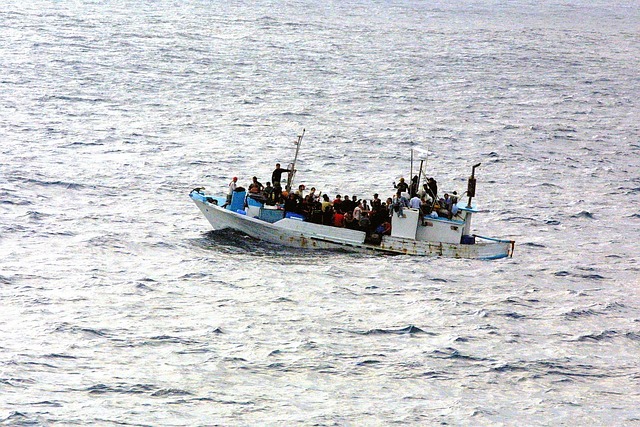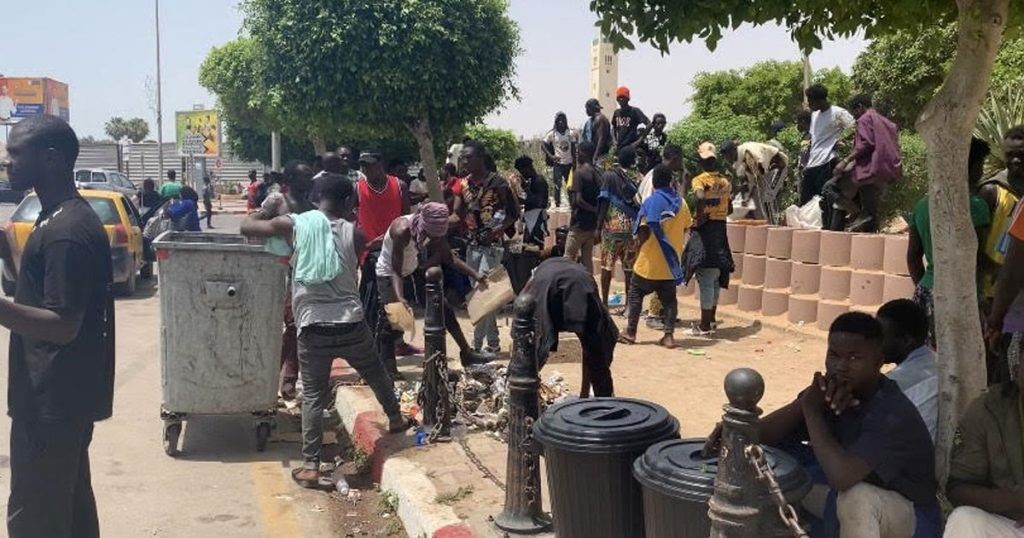Migration and Hospitality in Tunisia

At a time when the entire media, European media in particular, is pointing the finger at Tunisia in denouncing the situation of sub-Saharan migrants in that country, it is important to highlight how much hospitality is valued in Muslim society. It avoids the confusion between political interests including all the associated inconsistencies and the daily experience of the men and women of these Maghreb countries.
It would be wrong to blame the entire Tunisian society for this regrettable and scandalous reality.
Here are the facts surrounding this issue. Last February, comments made by the government provoked a social revolt. The influx of sub-Saharan migrants was said to be part of a plan to gradually replace the Tunisian population of Arab and Muslim culture with a non-Muslim population.
Overnight, men and women, some of whom had been living in Tunisia for years, some with and others without papers, working illegally, doing hard and poorly paid jobs, but in good relations with their neighbours, were accused, abused, insulted, and expelled from their homes.
It is a fact that hundreds of others arrived somehow via the Algerian and Libyan borders, swindled by networks of unscrupulous smugglers who stripped them of everything, including their identity papers from their countries of origin. These victims hang around the streets, squatting in public gardens, waiting to risk their lives for a place on one of these rafts that might take them to a stretch of the European coastline in Sicily or Lampedusa. Since January 2023, 1,900 people have died at sea.

In this scorching heat, with temperatures reaching 49 degrees in the shade over the last few days, the local population, already weakened by the multiple shortages that have been going on for months and an inflation rate that no longer allows them to buy basic supplies, is reacting in various ways.
Some deplore and denounce the inhumane treatment to which these migrants are subjected; others fear the spread of disease, while others call forcefully for them to be deported believing the conspiracy theory.
Yet, there are all those who, quietly and without making any fuss in the media, uphold the sacred tradition of hospitality so dear to their hearts as Muslims through their own initiative or through associations which go unmentioned.
Hospitality has been and continues to be a cornerstone of customary law since before the advent of Islam.
Here, I would like to share with you these values and principles of Muslim believers. For Muslims, hospitality is one of the ‘good deeds’ rewarded by God in the same way as ‘faith’ and ‘worship’.
In the Holy Koran, Surah 2, Verse 177 states:
Piety does not consist of turning your face to the East or the West. A good man is one who, for the love of God, gives to his relatives, orphans, the poor, travellers, and beggars, and for the redemption of captives; he who prays and gives alms.
You will not attain true piety until you donate some of what you cherish.
Whatever you give is certainly well known by God. (Surah 3, 92).
O believers, donate the best things you have earned and the crops We have brought forth from the earth for you. Do not pick out worthless things for donation which you yourselves would only accept with closed eyes. (Surah 2, 267).
And if you visibly give your alms, that’s good; if you hide them and give them to the poor, that’s better for you because God knows what you do” (Surah 2, 27 ).
Hospitality is a pious act which, moreover, has the merit of combining the Word with deeds as a testimony:
… “If a polytheist seeks refuge with you, welcome him so that he may hear the Word of God. then bring him to a place of safety…” (Surah 9, 6). It is this hospitality, born of faith and nourished by prayer, that has impressed so much men such as Charles de Foucauld, Louis Massignon, and, closer to us, Father Christian de Chergé, each of whom went one step further in understanding the meaning of this approach. One wanted to become the “universal brother”, the other discovered that the greatest work of mercy is the hospitality that shows faith in the stranger, a sign of God placing himself at our mercy, and Christian de Chergé welcoming the faith of others as a gift of God.

When our Tunisian friends go out of their way to help irregular migrants, providing them with food, stopping beside them to listen to their stories, and protesting vigorously for dignified accommodation to be made available to them before they are repatriated, it is undoubtedly these words that are in their hearts:
“What you give in alms is for your good. Only give out of a desire for the face of God. As for the alms you give to the poor who have been reduced to misery in the way of God and who can no longer walk the earth, God knows perfectly well what you spend on them in good deeds. And those who spend their wealth day and night will find their reward with their Lord (Surah 2, 271 and 274).
Hence, Number 134 of our Rule of Life increasingly evolves in me by the day and helps me to experience this hospitality that is part of our apostolic commitment, as was said in the 2022 Chapter. The Muslim world, so different from us and me here in this place, “broadens my horizons, and pushes me to live the Gospel in a new and authentic way that is in tune with the life of these peoples,” where I am happily continuing the mission of the LSA
Françoise Audebrand (LSA – Tunisia)
